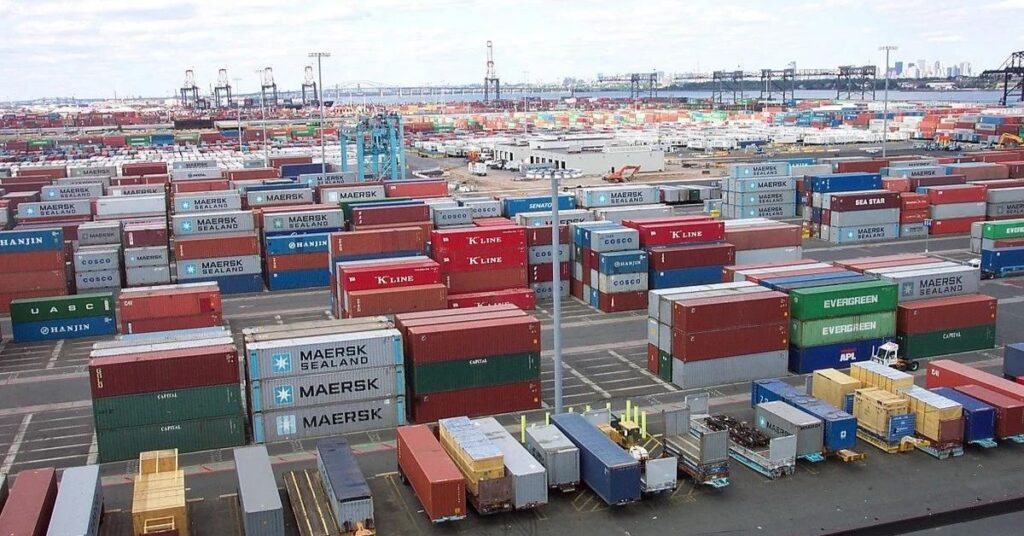Small businesses often navigate choppy waters in the vast ocean of global trade. Every decision can significantly impact the company’s bottom line, from managing inventory to minimizing costs. One such decision is choosing between full container load (FCL) and less than full container load (LCL) shipments. While FCL is the obvious choice for larger enterprises, LCL offers many advantages for small businesses. In this article, we’ll explore 6 compelling reasons why less than full container load is ideal for small businesses looking to streamline their logistics operations and stay competitive in today’s market.
Cost Efficiency
Small businesses often operate on tight budgets, prioritizing cost efficiency. Opting for less-than-full container load shipments allows companies to pay only for the space they use rather than an entire container. This pay-as-you-go model significantly reduces shipping costs, making it a cost-effective solution for businesses of all sizes. Additionally, by sharing container space with other shippers, small businesses can benefit from economies of scale, accessing lower shipping rates that would otherwise be out of reach.
Scalability and Growth Potential
Small businesses aspiring to expand their operations face the challenge of scaling their logistics infrastructure to support growth. Less than full container load shipment provides a scalable solution that aligns with the evolving needs of small businesses. Small businesses can easily adjust their shipping volumes and frequencies as demand increases to accommodate growth without committing to larger shipment sizes. This scalability allows small businesses to grow their operations organically without overextending resources or taking unnecessary risks. By leveraging the flexibility of LCL services, small businesses can seize expansion opportunities and unlock their full growth potential in domestic and international markets.
Access to Global Markets
Expanding into international markets can open up opportunities for small businesses but often comes with logistical challenges. Less than total container load shipments provide small businesses access to global markets without committing to large shipment volumes. By leveraging LCL services, small businesses can test new markets with minimal risk, shipping smaller quantities of goods to gauge demand and assess market viability. This scalability empowers small businesses to explore new growth opportunities and expand their customer base without incurring significant upfront costs.
Flexible Inventory Management
Maintaining optimal inventory levels is essential for small businesses to meet customer demand without tying up valuable capital in excess stock. Less than total container load shipments offer greater flexibility in inventory management by allowing businesses to ship smaller quantities more frequently. This flexibility enables companies to adapt quickly to changing market demands, reducing the risk of overstocking or stockouts. With LCL shipments, small businesses can strike the perfect balance between inventory levels and shipping costs, ensuring they have the right products when customers need them.
Reduced Lead Times
In today’s fast-paced business environment, speed is of the essence. Less than total container load shipments typically have shorter transit times than FCL shipments, thanks to their frequent departures and consolidated cargo. For small businesses, this means faster delivery times, allowing them to fulfill customer orders promptly and gain a competitive edge in the market. Reduced lead times also translate to improved cash flow, as businesses can convert inventory into revenue more quickly without tying up capital in transit.
Environmental Sustainability
In addition to the economic advantages, aless than full container load shipment load contributes to environmental sustainability. By consolidating cargo from multiple shippers into one container, LCL shipments reduce the number of individual shipments required, lowering transportation carbon emissions. For small businesses committed to corporate social responsibility and environmental stewardship, LCL can align with their sustainability goals. Small companies can minimize their carbon footprint by choosing greener shipping options and contributing to a more sustainable supply chain ecosystem.
Conclusion
Less than total container load shipments offer myriad benefits for small businesses, ranging from cost savings and flexibility to environmental sustainability and risk mitigation. By embracing LCL services, small businesses can optimize logistics operations, expand into new markets, and compete globally. In today’s interconnected world, where supply chains are increasingly complex and dynamic, the agility and efficiency offered by LCL shipments are invaluable for small businesses looking to thrive. With the right logistics partner and a strategic approach to shipping, small businesses can harness the power of LCL to drive growth, reduce costs, and achieve sustainable success in the global marketplace.







